My first selection this month is a recording I discovered while performing a review for our sister magazine Headphone.Guru, it is Rhino Atlantic’s rerelease and remaster of “Mingus At Carnegie Hall” (16-bit/44.1kHz on Qobuz) which includes an extra 72 minutes of spectacular previously unreleased music from Charles Mingus’ epic 1974 live performance (the original release only had two tracks, “C Jam Blues” and “Perdido” each over 20 minutes long taking up a complete side of the album). The concert featured five saxophone players, Charles McPherson – alto, John Handy – tenor & alto, George Adams – tenor, Rahsaan Roland Kirk – tenor & stritch (a straight alto sax), and Hamiet Bluiett – baritone, plus trumpet, Jon Faddis, with Mingus on bass, Don Pullen on piano and Dannie Richmond on drums. This album offers up some of the most amazing improvisational progressive jazz I have heard. The recording quality is fantastic with the horn players spread out across the stage (baritone sax on the left and trumpet on the right), piano on the right, and bass and drums taking up center stage. You can actually hear the placement of the cymbals.
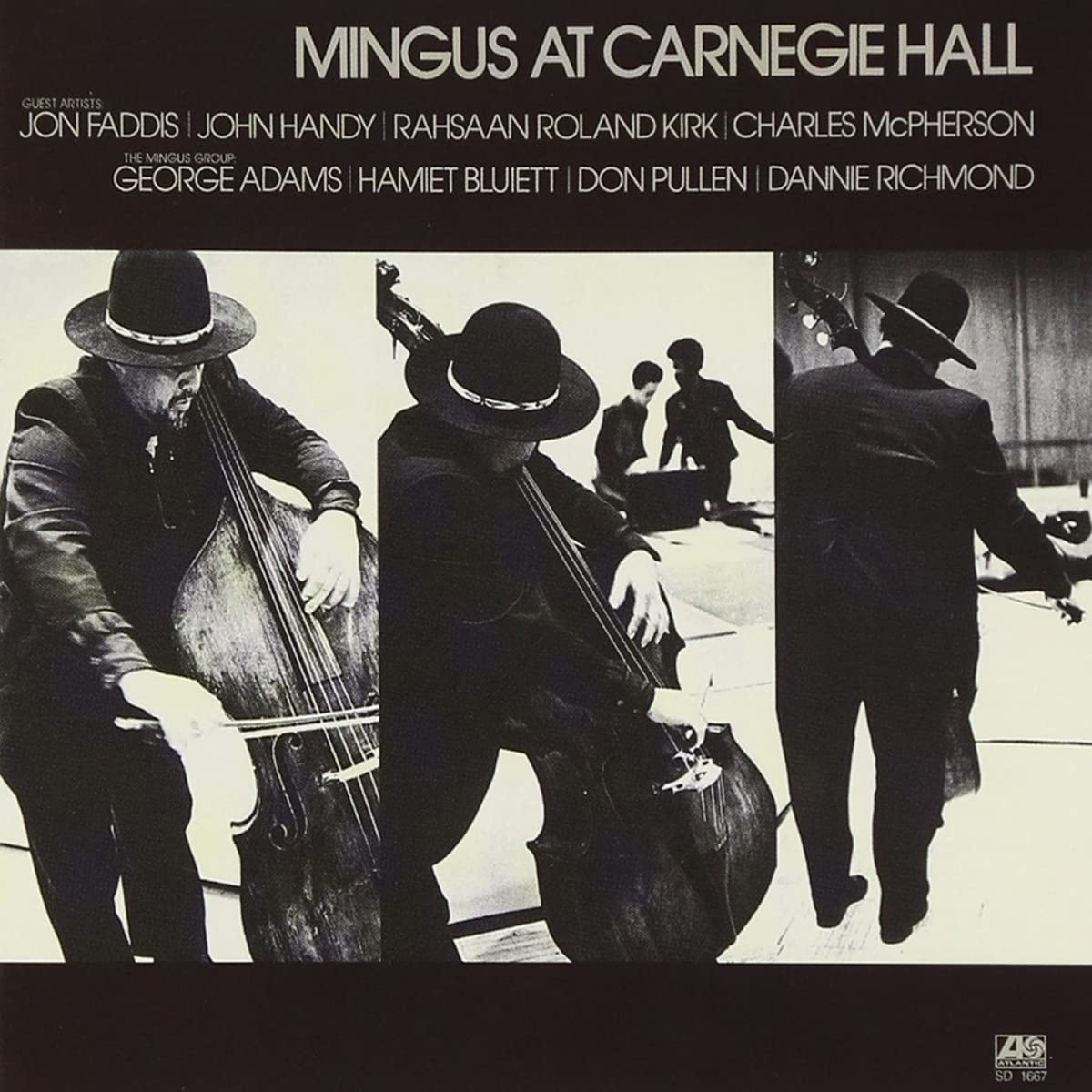
The opening song (also the shortest at 11 minutes 54 seconds) “Peggy’s Blue Skylight” (there is also a 3 minute 11 second introduction track before that) sets the pace with the horns playing a slow blended melody with each instrument striking up a separate tune that eventually devolves into an up tempo competitive musical introduction to all the players including an epic piano solo and a sweet trumpet solo. To say that that is followed up by “Celia” which in its own way is more of the same is to underplay the musical mastery that is this performance. It is a series of chained melodies with intertwined improvisational solos wrapped around a central theme. “Fables Of Faubus” has a Bebop feel with a lot of staccato breaks. “Big Alice” is woven around a solid Jive beat. Which leave us with the original two tracks, improvisations on a pair of Duke Ellington standards which apparently were the encore for the performance.
If you love violin then Bomsori Kim’s “Bomsori: Violin on Stage” (24-bit/96kHz on Qobuz) performed with NFM Wrocław Philharmonic and its Music Director Giancarlo Guerrero is for you. Playing selected pieces from a host of composers, Bomsori touches upon the full range of her talents, wringing every bit of emotion from her resin dusted strings. Evoking images of a fairy dancing on water during Franz Waxman’s “Carmen Fantasie”, her violin simply sings. Giancarlo Guerrero’s hand on the orchestra is light and gentle allowing the solo violin to shine through, yet retains a certain amount of drama. Though it is hard to single out specific pieces the pacing and breathiness of “Méditation” from Massenet’s “Thaïs” was heart-rending and epic. I will admit to one point of criticism, in that the transition between selections felt rather abrupt owing to them being excerpts rather than full works.

Muse’s “Origin of Symmetry (XX Anniversary RemiXX)” (24-bit/96kHz on Qobuz) caught my eye and it was simply epic. Much more energetic dynamic and exciting than the original mix, it was like hearing a completely new album. I confess that the melding of overlapping and divergent rhythms speaks to my soul as does the constant flipping from mellow to grunge, but the original mix feels primitive in comparison. Fans of Muse will know the different tracks so there is little to be gained by delineating line by line, on the other hand, for those unfamiliar with Muse, picture Radiohead on speed with more complex instrumentation. I will say that “Screenager” was a welcome break in the manic aggression offering a more melodic cut with shades of Philip Glass. I also really liked the downbeat bluesy aptly named “Feeling Good”.
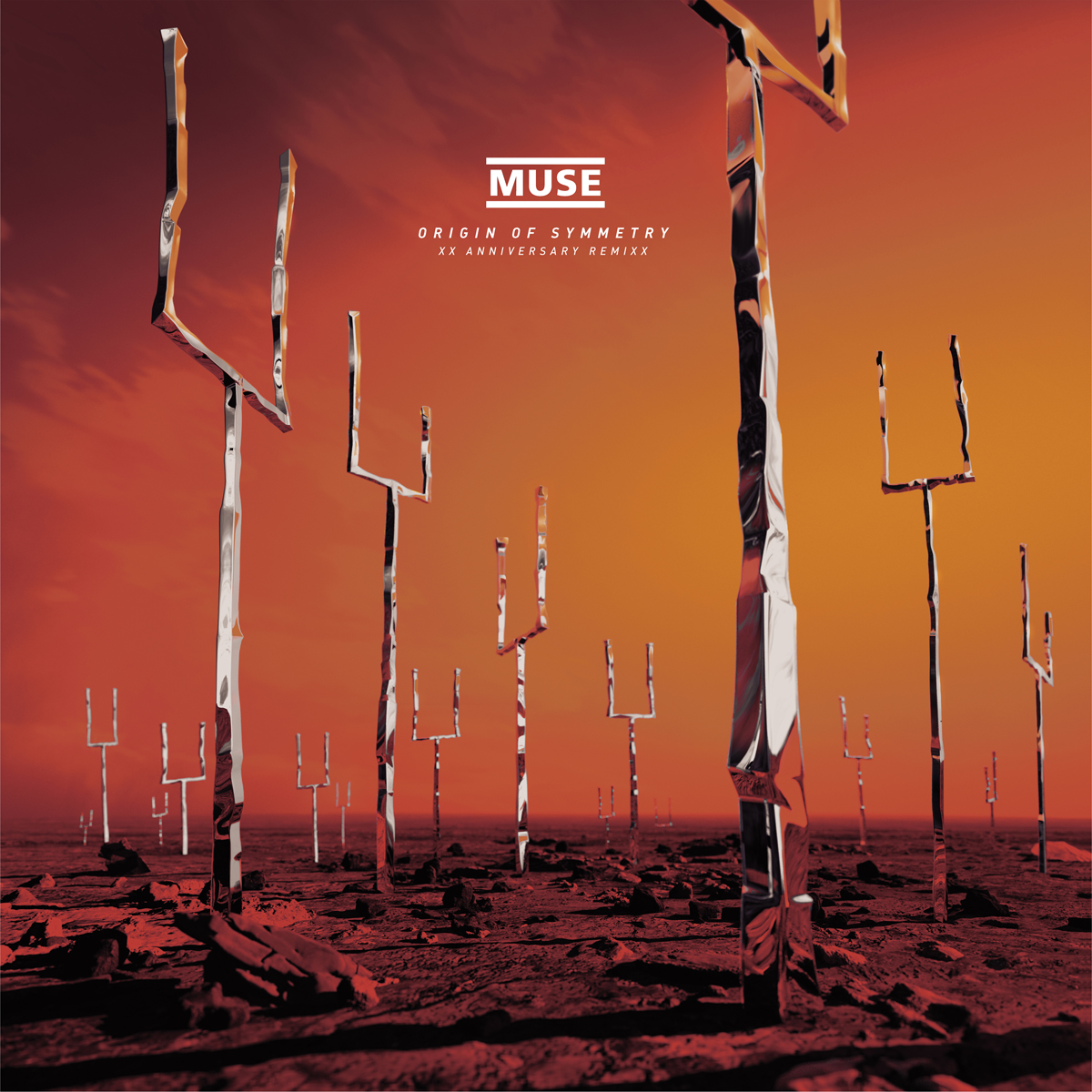
Given that there are only two original members it is surprising that Styx still sounds like Styx, though I guess for most people Tommy Shaw defined the Styx sound. For me, it was Dennis DeYoung’s baroque piano/keyboard style that drew me to the band, and most of my favorite songs were DeYoung or John Curulewski tunes, yet there is no question that when Shaw replaced Curulewski the band’s popularity soared. That being said, Styx’s new album “Crash Of The Crown” (24-bit/96kHz on Qobuz) still has that Styx vibe, except for maybe “Save Us From Ourselves” which is one the only songs to feature piano. I don’t know that any of the songs have hit potential, but they certainly have depth and complexity that makes each one feel fresh and new.
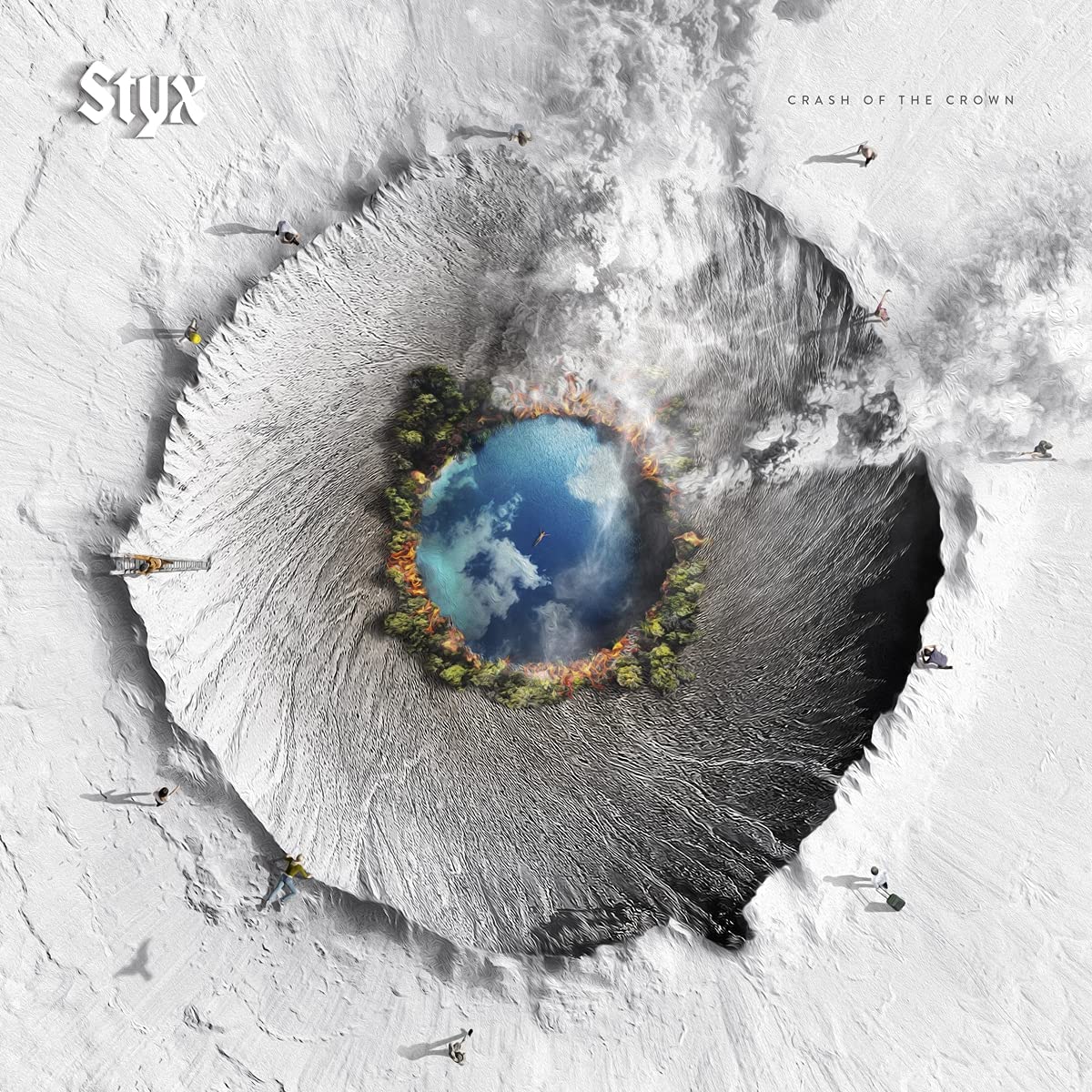
In my continuing search for something new, I lit upon “Hope” (24-bit/96kHz on Qobuz) by Ceramic Dog. The opening track “B-Flat Ontology” had a real Velvet Underground era Lou Reed feel, sardonic, monotone, and minimalist. That dry spoken-word sparse psychedelica sound held true for the rest of the album, with “Wanna” scratching at punk while hinting at a refrain from “Panic in Detroit”. “The Activist” even touched upon beat poetry. “The Long Goodbye” was an appropriate end song, though completely instrumental it had shades of Jim Morrison in its composition.
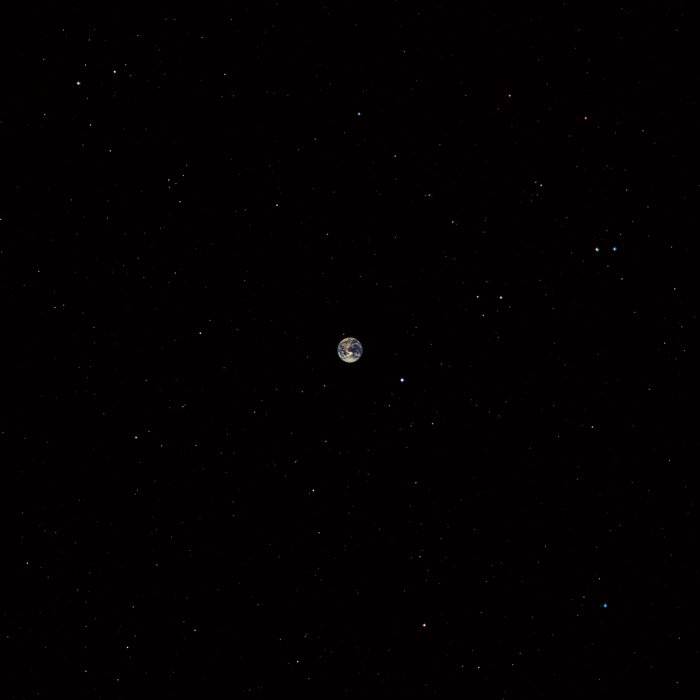
This month was an excellent journey of discovery consisting entirely of gems, while I consider “Mingus At Carnegie Hall” to be the high point I was elated with everything I tried out. Until next month, remember, it’s about the music.

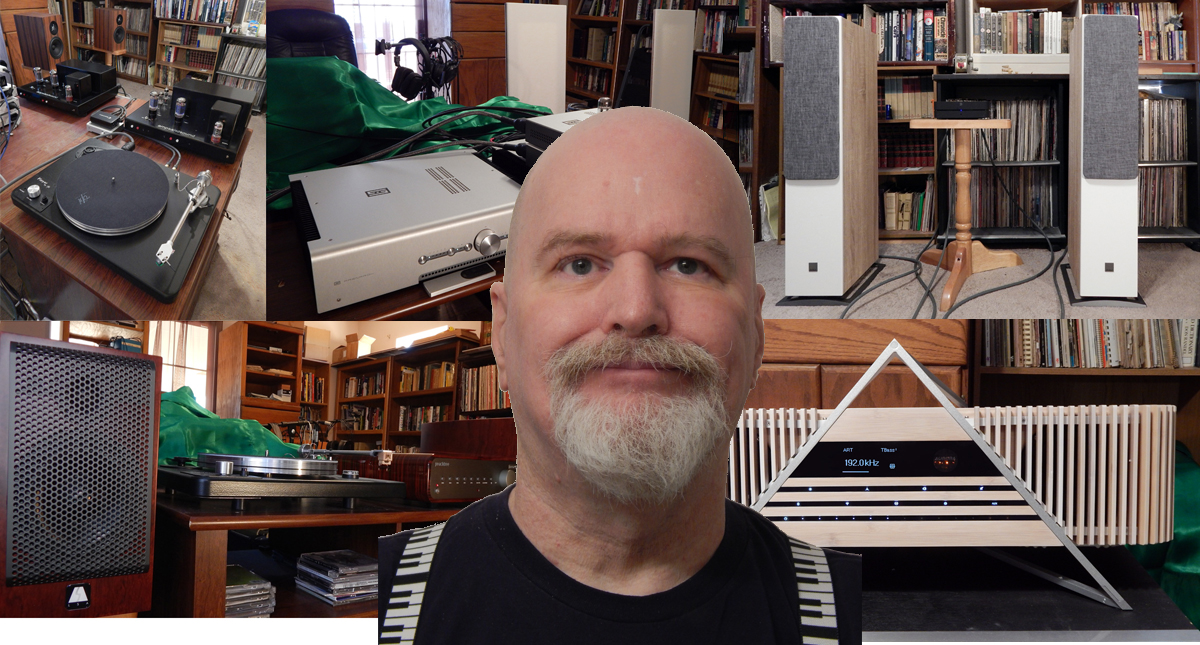






Leave a Reply
Want to join discussion?
Feel free to contribute!